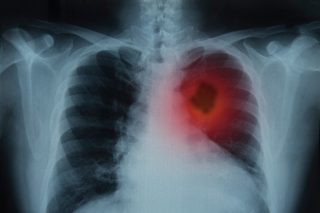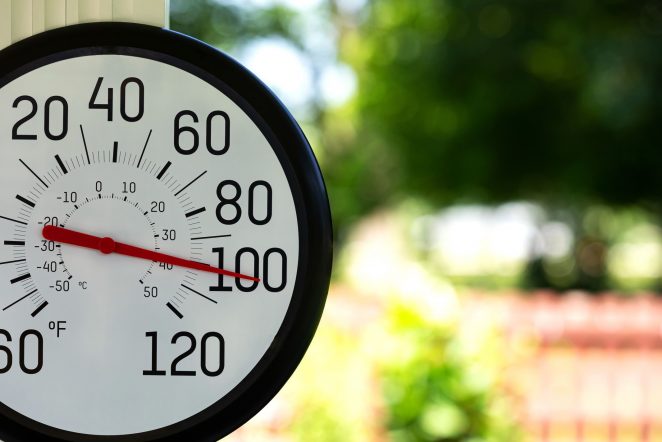You or someone close to you may have lost a family member or friend to lung cancer. Over 200,000 new cases are diagnosed in the U.S. every year, and while smoking tobacco is largely to blame, it’s not the only cause of this common type of cancer.
Additional causes of lung cancer
While smoking tobacco contributes to between 80 and 90 percent of all cases of lung cancer, the risks go beyond cigarettes. Radon exposure is the second-leading cause, followed by exposure to asbestos, outdoor pollution and even second-hand smoke. Knowing the additional factors or causes of lung cancer can help everyone better understand the condition and those diagnosed with it. Even healthy nonsmokers with a family history of lung cancer are at risk. It’s important to remember that lung cancer isn’t just the result of a smoking addiction, but it is a reminder of why it’s so important to quit.

Knowing the symptoms
Often, symptoms of lung cancer can be mistakenly attributed to other less serious illnesses like bronchitis. This is why it’s so important to share any health changes with your doctor or other health care provider, even if you think they seem minor. Symptoms of lung cancer include:
- Persistent or intense coughing
- Pain in the chest and shoulder
- Shortness of breath
- Changes in your voice
- Recurring lung problems like pneumonia and coughing up blood.
Lung cancer that has spread from the lungs is often associated with fatigue, loss of appetite or unexplained weight loss, headaches and general weakness, among other symptoms. Often, symptoms take years to develop and occur once the cancer is more advanced—which is why screenings and early detection are so important.
Screening and early detection
Thanks to advancements in research and treatment, we now know the importance of early detection of lung cancer. It’s always best to discuss your options with your doctor or a health professional. In some cases, you may be eligible for a screening, which may include a low dose computed tomography (CT) scan. Your provider may also recommend a chest X-ray. If your doctor suspects lung cancer after your initial scan, a biopsy may be performed to further determine your diagnosis. The important thing to note is that there are options for screening and detection and if you believe you have symptoms or concerns, don’t delay your next checkup. Depending on your situation and insurance plan, a lung cancer screening may be included in your preventive care at no cost to you.

Spreading awareness
The more you continue to learn about lung cancer, the more you can help spread awareness in your social circles. Remember, while it’s highly attributed to smoking tobacco, doctors diagnose thousands of nonsmokers with lung cancer each year. And even though treatment has gotten better, it’s still the second most diagnosed cancer in both men and women. Test your home for radon or contact the Michigan Department of Environmental Quality to learn more about it. Try to avoid second hand smoke and, if you’re a smoker, make it a point to stop. Be sure to take some time this holiday season to look into ways you can reduce your (or your friend’s or your family’s) risk.
Cancer is scary, and many would rather not think about it at all. But when it comes to lung cancer, knowledge and awareness are the most important tools we have.


